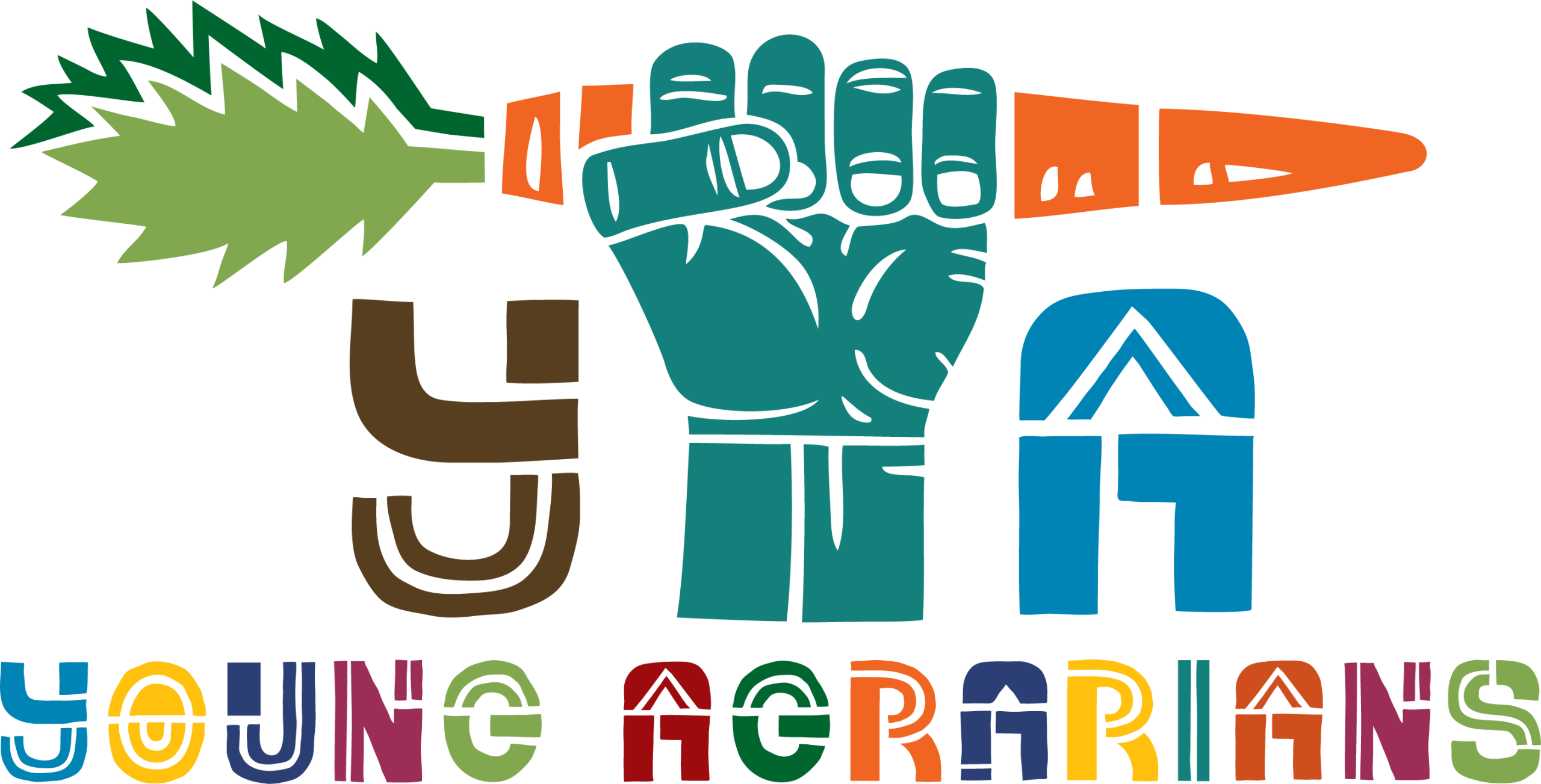 Filter by Popular Categories
Filter by Popular Categories
MEETING THE UNEXPECTED
This toolkit highlights stories from transitions that have been successful, but there are far more examples of people who have tried, and found that they couldn’t make it work for many reasons – and that’s ok. It’s optimistic to assume that every transition relationship will make it to Stage 6 – Maintaining.
Sometimes you’ll hit a point where the numbers don’t add up, or you can’t work through a conflict – or, life events such as divorce, family illness or death, or another opportunity might take the current or entering farmer in a different direction. What happens in those situations – what’s the exit strategy? How will you untangle yourselves?
It’s important to have clear agreements about how parties can go their separate ways if necessary. In other situations, the transition plan ultimately continues, but is significantly changed due to an unexpected scenario.
Running a farm business is not the hardest part of a transition plan. Transitions often collapse due to breakdowns in the relationship, where perceptions about respect, recognition and appreciation (in both directions) are a primarily catalyst.
Being clear is kind! Both current and entering farmers often get excited about a prospective transition, but do not lay out clear timelines and expectations. This is a big hurdle: people discuss the transition at a high level, years pass, and when it comes time to take actions, such as transferring assets or paying out equity, unexpressed expectations, assumptions and money restrictions can cause the transition to collapse.
QUESTIONS TO ASK:
Here are just a few possibilities to ask yourselves – you’ll have many more “what ifs” of your own to add to this list:
- What if the stock market crashes and the current farmer needs financial assistance urgently? Can they sell any piece of land, or other assets whenever they want?
- Can the entering farmer leave at any time? Or, if they desire to leave, are they committed to working the land/operation for a period of time to create a plan for them to “divest,” in other words extricate themselves from agreements, farm management, investments, etc.?
- What if you don’t like how you are communicating with each other?
- What if the entering farmer wants more independence from the current farmer? Have you discussed ideas and alternatives for new strategies? How open are both parties to the other’s ideas – and independence?
- What if someone gets divorced? Married? Has a baby? Gets sick or injured?
EXIT STRATEGIES
Some transitions may end early, in the visioning stage. You’ve gotten to know each other, looked at the business, and decided it’s not a fit. The advantage to having a clearly articulated vision and understanding your own needs is that it will be more easily apparent if you aren’t on the same page. At the vision stage, it’s easy enough to go your separate ways without yet having invested significant time and money – and hopefully still having formed a lasting friendship.
If you’ve moved further into the transition process and started to implement some of the ideas in Stages 2 and 3, your exit strategies will need to be more detailed. Both parties should consider what it would mean to them if the transition process ended. If the entering farmer has invested time, money, and energy, how are you getting that investment back, so you aren’t leaving empty handed? For current farmers, what does it mean for you to be left without a successor after spending time, money, and energy cultivating someone for the role?
Considerations:
- Notice: How much notice does each party need if the other decides to back out of the transition? Finding a new successor, or new farm opportunity, isn’t easy.
- Finances: How are financial investments being handled? How are both parties going to “cash out” their investments? Can the farm business afford to pay out an entering farmer?
- Roles: Who is responsible for what at this stage in the transition? How will the entering farmer transition roles back to the current farmer, or another successor?
- Timelines: What is the point of no return? Set up “green light moments,” key check-ins to ensure everyone is still on the same page, before signing legal documents or investing in capital infrastructure. These are “make or break” moments where going backwards gets increasingly complex legally and financially.
- Equity: How and when are you transferring equity? In one transition relationship that ultimately didn’t succeed, the current farmers were gradually transferring livestock to the entering farmers, but no land was planned to be transferred for a significant amount of time. When things went south financially and the land was not transferred to the entering farmers, they had to sell their herd for meat as they had no land access.

